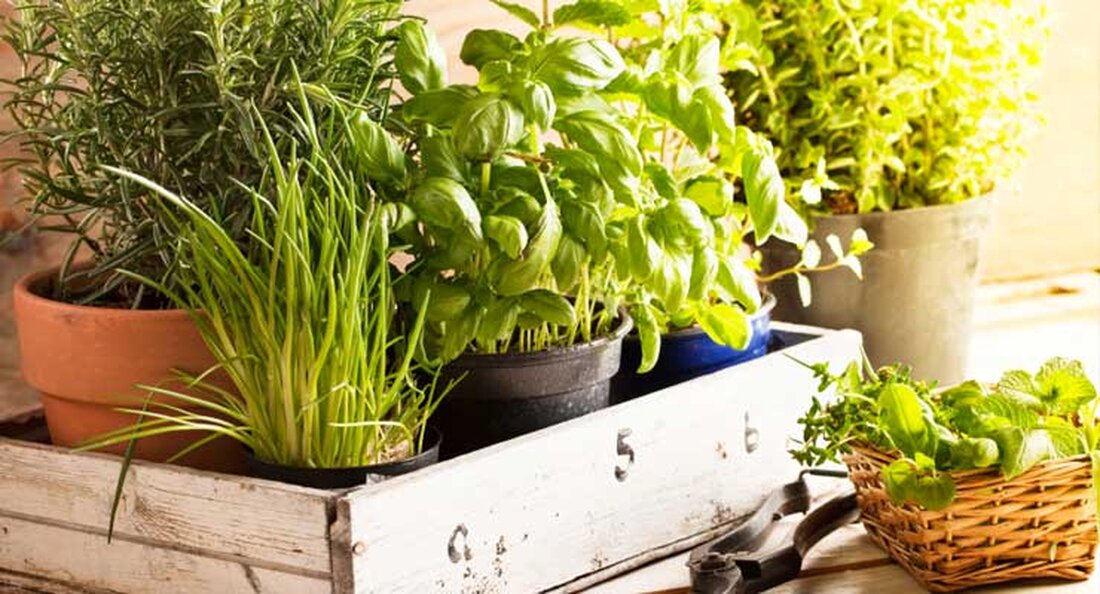Herbal Supplementation Basics - Part One
Herbs have been used as medicine for centuries! If you go into the Bible, frankincense and myrrh are mentioned, not only as gifts to the Christ child (Matthew 2:11), but in numerous other places along with aloe, bitter herbs, coriander, hyssop, cumin, garlic, mint, wormwood, fennel, and rosemary. The World Health Organization estimates that 80% of the world's people today rely on herbal remedies to treat common illnesses. What exactly are herbs? An herb is defined as "a plant valued for its taste, smell, or other properties. Herbs are used in cooking, as medicine, and for spiritual purposes." Many …

Herbal Supplementation Basics - Part One
Herbs have been used as medicine for centuries! If you go into the Bible, frankincense and myrrh are mentioned, not only as gifts to the Christ child (Matthew 2:11), but in numerous other places along with aloe, bitter herbs, coriander, hyssop, cumin, garlic, mint, wormwood, fennel, and rosemary.
The World Health Organization estimates that 80% of the world's people today rely on herbal remedies to treat common illnesses. What exactly are herbs? An herb is defined as "a plant valued for its taste, smell, or other properties. Herbs are used in cooking, as medicine, and for spiritual purposes."
Many healing traditions such as Ayurveda (traditional Indian), Asian, Indian, traditional Chinese medicine and naturopathic traditions are based on medicinal herbs.
You probably use herbs to flavor your meals every day. By the way, this is a great way to reap the benefits of many herbs and spices - just include them in your food! I would like to give you an overview of herbal supplements. First of all, herbal supplements used for medicinal purposes can be broadly divided into two broad categories: tonic and stimulant.
Tonic herbs help cells, tissues and organs maintain balance. Some tonics invigorate physical processes and others nourish organs and tissues so they function optimally. Examples of tonic herbs are ginseng, astragalus, turmeric ashwagandha, green tea, rhodiola, ginger. Generally, tonic herbs are taken regularly for at least 3 months to strengthen and improve overall health or to address specific problems. They are gentle in action.
Stimulating herbs have a stronger effect and are used to treat certain medical conditions. These are generally taken in smaller doses for shorter periods of time. Examples of stimulating herbs are Maca, Guarana, Gotu Kola, Damiana.
Herbal remedies are used in various forms including: Essential oils, highly concentrated extracts. They can irritate the mucous membranes and stomach lining when taken internally. Therefore, they are usually only used externally.
Extracts are considered the most effective form because their active ingredients are more concentrated and can be standardized for guaranteed effectiveness. This form has a long shelf life and retains almost all the benefits of the plant.
Tinctures are created when the herb is soaked in a solvent such as alcohol or glycerin and pressed to release the tincture. These preserve the active ingredients for up to a year. Powders are dried herbs that have been ground to a fine consistency. These can be put in your food, in a liquid or in capsule form.
Teas and infusions can be made from virtually any plant. You can find many herbal teas at your local health food store and grocery store. These are great for relieving mild to moderate ailments such as a sore throat, stuffy nose and upset stomach. The herbs are immersed in hot water so that their active ingredients are dissolved in the water and strained before drinking.
Decoctions are teas made from thicker plant parts such as roots, bark, seeds or berries. Their medicinal ingredients are more difficult to dissolve in water, so they require more vigorous cooking and pureeing.

 Suche
Suche
 Mein Konto
Mein Konto
